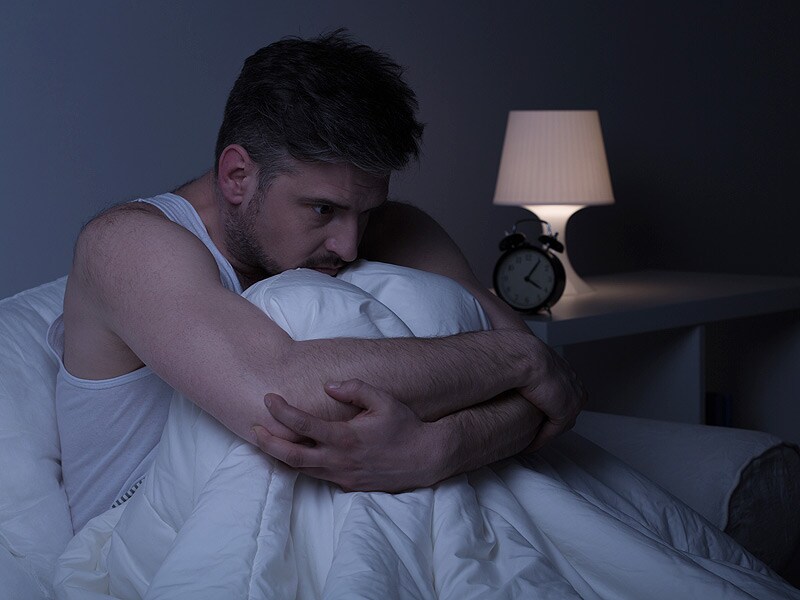

Given the high comorbidity rates of insomnia with depression and anxiety, and considering the various limitations of current evidence-based treatments for depression and anxiety, there has been an increase in research on utilizing CBT-I to improve depression and anxiety outcomes in comorbid samples. Drawing directly from basic science on sleep and circadian rhythms, CBT-I combines multiple treatment elements including sleep education, stimulus control techniques, sleep restriction techniques, and cognitive therapy. A large body of research has supported the efficacy of CBT-I in treating chronic insomnia in adults without comorbidities additionally, recent studies have indicated that CBT-I may also effectively treat insomnia in children and adolescents, pregnant people, older adults, and individuals with comorbid psychiatric and medical conditions. Ĭognitive behavioral therapy for insomnia is the first-line treatment for insomnia, recommended before pharmacotherapy-it is the most widely used and widely studied non-drug treatment for insomnia. However, insomnia symptoms are listed in the diagnostic criteria for many other psychiatric disorders, and estimates suggest that individuals with insomnia are five times as likely to present with anxiety or depression compared to individuals without insomnia. Insomnia disorder, as defined by the DSM-5, is characterized by a dissatisfaction with sleep quality or quantity due to difficulty initiating and/or maintaining sleep, resulting in clinically significant distress or impairment in functioning. Insomnia is a common clinical condition with severe health consequences-prevalence rates range from 10 to 20% of the adult population for insomnia disorder, and 35 to 50% for insomnia symptoms. Evening circadian preference and depression/anxiety symptom severity may moderate the effect of CBT-I on depression and anxiety outcomes. Results are mixed on whether CBT-I (either alone or augmented with depression/anxiety treatment) is effective in improving overall MDD, GAD, and PTSD outcomes. SummaryĬBT-I is superior to traditional depression/anxiety treatment in improving insomnia symptoms among patients with comorbid psychiatric disorders. Insomnia plays a critical role in the onset and maintenance of depression and anxiety, and treating insomnia with CBT-I may improve global outcomes for patients with MDD, GAD, and PTSD. Recent Findingsĭespite high comorbidity rates, current behavioral and pharmacological treatments for MDD, GAD, and PTSD do not substantially target or improve insomnia symptoms residual insomnia is exceedingly common even among patients who experience remission. We also examine potential moderators of CBT-I on depression and anxiety outcomes in this population. doi:10.1016/j.chc.2017.11.With a focus on reviewing adequately powered randomized controlled trials, we present recent research on the potential of cognitive behavioral therapy for insomnia (CBT-I) to improve depression and anxiety outcomes among patients with insomnia and one of the following comorbid psychiatric disorders: major depressive disorder (MDD), generalized anxiety disorder (GAD), or posttraumatic stress disorder (PTSD). Hale L, Kirschen G, LeBourgeois M et al.

How much physical activity do adults need?

Sleep Deprivation and Circadian Disruption. US Department of Health and Human Services.


 0 kommentar(er)
0 kommentar(er)
